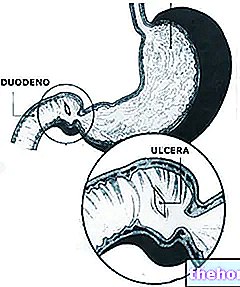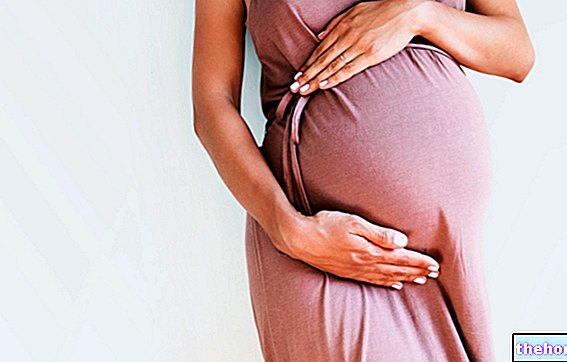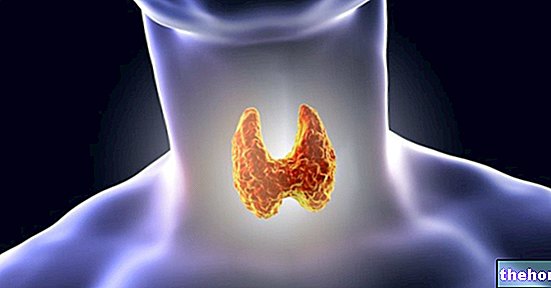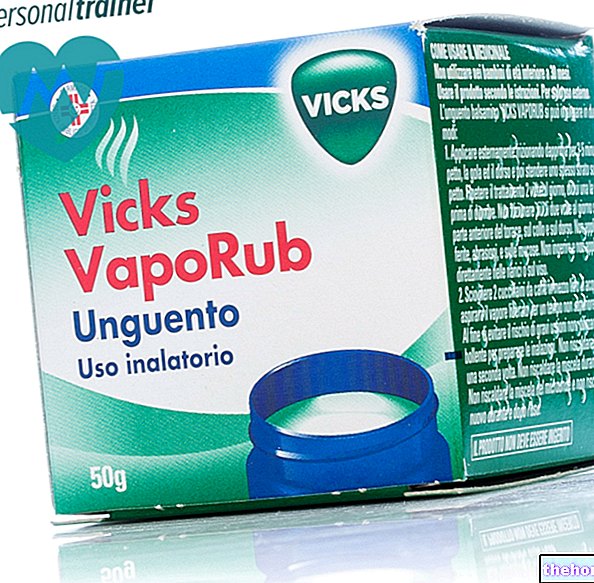Generality
Cramps in pregnancy are a fairly common disorder, which tends to occur especially during the last trimester of gestation.

As a rule, cramps tend to disappear within minutes and are not considered a serious disorder; however, this does not take away the fact that they are annoying and that they can negatively affect the daily life of the pregnant woman.
Causes
The main causes of cramps in pregnancy are essentially electrolyte imbalances and reduced venous circulation that are created in this particular period of a woman's life.
In fact, during pregnancy, the woman can find herself with a deficit of very important mineral salts, such as potassium and magnesium, but also sodium, calcium and phosphorus.
In addition to this, in the pregnant woman there is a slowdown in blood circulation (in particular, the venous one), due to the high levels of progesterone present in her body. In addition, the gradual increase in a woman's body weight also contributes to obstructing blood circulation in the lower limbs.
Treatment
As mentioned, cramps usually tend to resolve themselves within minutes. In some cases, to relieve pain and promote its disappearance, it may be useful to stretch the muscle or muscles affected by the cramp, also carrying out a massage to try to reactivate blood circulation in the affected area.
If pregnancy cramps occur during the night, however, it may be helpful to get out of bed and take a few steps.
Normally, it is preferable to avoid taking drug therapy for the treatment of cramps in pregnancy. Rather, if deemed necessary, the doctor may decide to prescribe the administration of food supplements to restore normal levels of mineral salts.
Finally, the doctor could also advise the pregnant woman to use graduated compression elastic stockings: medical devices indicated to favor the return of venous blood to the heart, therefore to improve blood circulation in the lower limbs.
In any case, in the event that cramps arise during pregnancy, it is always good to contact your doctor and refrain from "performing any type of self-diagnosis and self-therapy, in order to avoid exposing yourself and the fetus to potential and unnecessary health risks.
Useful Tips for Prevention
To try to prevent - or at least reduce - the frequency of cramps in pregnancy, it is first of all essential to adopt a "healthy diet that allows you to increase the levels of mineral salts which pregnant women are typically lacking. In this regard, it can be very useful to consume foods rich in potassium, magnesium and calcium, such as dairy products, bananas, green leafy vegetables, legumes, grains and nuts.
In addition to proper nutrition, cramps in pregnancy can also be prevented by following some simple tips, such as:
- Drink plenty of water to avoid any dehydration;
- Practice moderate and regular physical activity, which is adapted to the conditions of the pregnant woman. Swimming is often recommended, but even a simple walk (especially in the morning and before going to sleep) can greatly contribute to promoting blood circulation;
- Perform muscle stretching exercises;
- Avoid staying in the sun for a long time, or in any case in very hot places;
- Avoid fatigue from standing for long periods of time and avoid sitting for too long;
- Wear low shoes (but not low to the ground), comfortable and that do not compress too much the foot, ankle or calf;
- Before going to bed, perform a cold water leg massage;
- Sleep with your feet slightly elevated from the rest of your body.
Finally, even hot baths and foot baths could prove to be useful allies to promote muscle relaxation and thus prevent the onset of cramps during pregnancy.




























